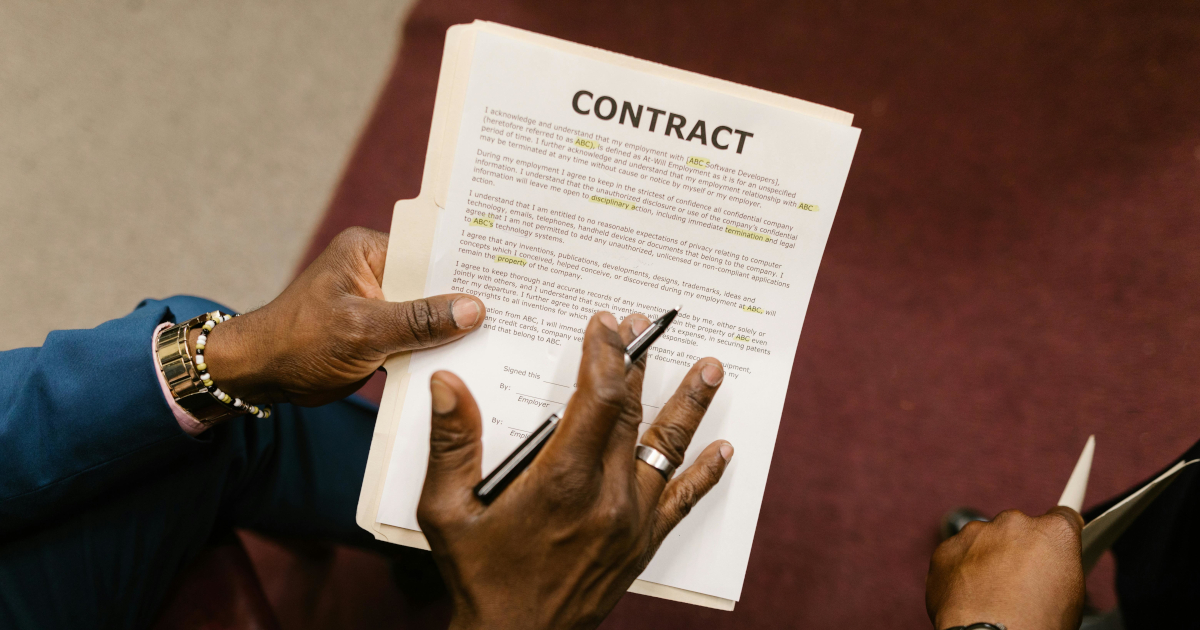Political Administration Changes Create Regulatory Instability for HR Compliance

Summary
Full Article
The constant shift in federal employment policies with each presidential administration creates substantial challenges for American businesses, according to legal expert Donniece Gooden. Worker classification rules swing dramatically between administrations, with Republican leadership typically favoring pro-employer frameworks that simplify independent contractor classification, while Democratic administrations reinstate worker-focused economic reality tests that scrutinize relationships to favor employee status. This regulatory instability makes long-term business planning and operational compliance a high-stakes guessing game for employers across industries.
Wage and hour regulations present another area of frequent disruption, particularly regarding overtime rules and the minimum salary threshold for exempt employees. These changes require employers to continuously monitor and adjust compensation structures to avoid costly litigation. Federal agencies like the Equal Employment Opportunity Commission and National Labor Relations Board experience significant shifts in enforcement priorities, staffing levels, and regulatory authority depending on the incumbent president's political agenda, creating additional uncertainty for compliance planning.
Political polarization has amplified legal fragmentation between federal and state levels, creating a confusing patchwork of laws across the country. As federal standards face challenges, states increasingly pass laws either cementing or countering federal policies. Democrat-led states often enact stronger worker protections including higher minimum wages, mandatory paid family leave, and expanded anti-discrimination measures. Meanwhile, Republican-led states focus on preemption laws that prevent local ordinances and trigger laws that automatically enact business-friendly regulations if federal standards weaken.
For national employers, this divergence makes centralized compliance policies nearly impossible. Operating across state lines requires costly, complex understanding of local variations in non-compete bans, pay transparency laws, and protected classes not covered by federal law. The extreme political polarization increasingly spills into workplaces, forcing employers to navigate sensitive culture war issues that pose legal and operational risks. Employees bringing political views into offices or social media often leads to conflicts requiring careful employer response.
Diversity, equity, and inclusion initiatives have become politically contentious, with employers facing pressure from different political factions regarding program scope and implementation. Heated political discussions can escalate into hostile work environment claims based on protected categories, forcing employers to mediate conflicts while maintaining professional environments. The political climate has transformed employment law from stable regulation to volatile landscape defined by ideological battles and jurisdictional confusion. Legal guidance from firms like Hierophant Law becomes essential for navigating these evolving challenges.

This story is based on an article that was registered on the blockchain. The original source content used for this article is located at 24-7 Press Release
Article Control ID: 263285